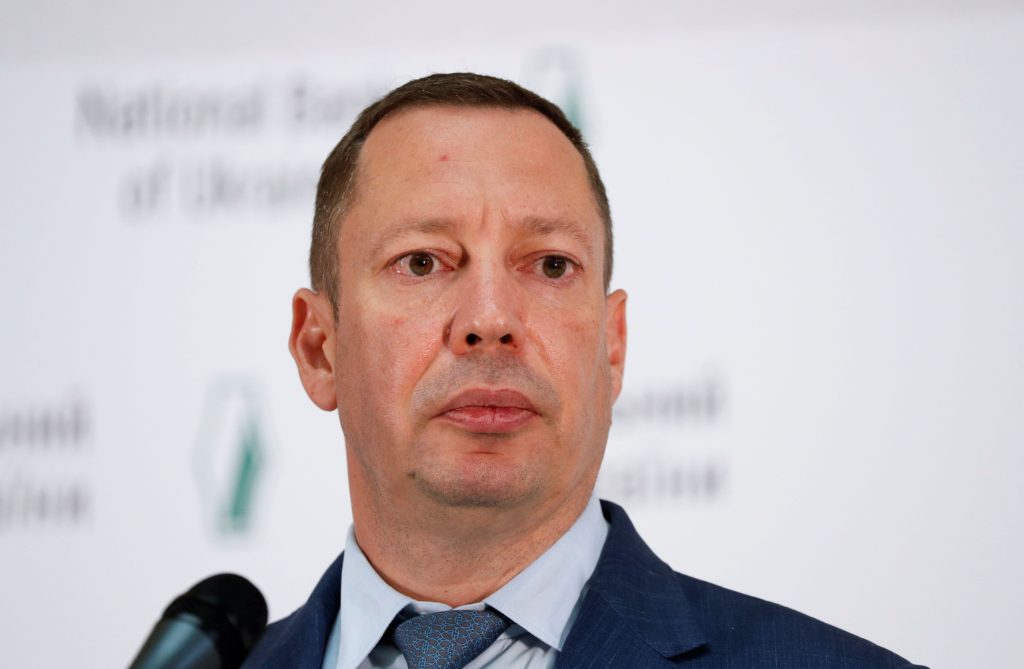KYIV
National Bank of Ukraine Governor Kyrylo Shevchenko said Ukraine’s oligarchs have a “destructive” influence over the county’s central bank, threatening anti-corruption reforms that make it difficult to protect creditors and investors’ rights.
“The political pressure on it has a destructive and dangerous influence,” Shevchenko said in an interview with the Financial Times, published on July 20. “Vested interests and oligarchs are behind it.”
Ukraine is pushing through new laws to fight corruption and improve governance in financial institutions, alongside judicial reforms it hopes will help it secure the next tranche of a loan from the International Monetary Fund, part of a $5 billion loan programme which the organisation has made conditional on certain reforms being implemented. An initial tranche of just over $2 billion was disbursed, but subsequent tranches have been withheld.
Shevchenko said the new laws were key to privatising Ukraine’s state-owned banks, which make up 55 percent of the country’s financial institutions.
“Without further anti-corruption reform, it would be tough to protect creditor rights and investor rights in Ukraine,” he told the FT. “One of my goals is to protect corporate governance reform in state-owned banks. Otherwise, the future privatisation will never happen.”
Shevchenko’s appointment last year by President Volodymyr Zelensky was mired in controversy amid concerns about the central bank’s independence.
His predecessor, Yakiv Smolii, was credited with reforming much of the country’s banking sector, a drive many analysts say has since faltered. Almost a third of the central bank’s senior staff have resigned under Shevchenko, citing a lack of transparency and a decision-making process that excluded policymakers’ views.
“I was disappointed to hear of this from the media and not from the colleagues themselves,” Shevchenko said in the interview. “I see this PR campaign over the resignations as an attempt to exert political pressure on the NBU.”
Critics say a law submitted to parliament on checking the influence of oligarchs will have little impact on their outsize effects on politics and the economy and is merely aimed at impressing Western leaders and institutions.,
CENTRAL BANK INDEPENDENCE, JUDICIAL INSTITUTIONS
Guarantees of the central bank independence were key in the discussions between the IMF and Ukraine in resuming the disbursement of tranches under the standby programme — along with greater transparency in the formation and operation of institutions within the judicial system and allowing standard corporate governance in state-run companies.
Officials within Zelensky’s administration have expressed confidence that the central bank issues have been resolved and that a second tranche in the IMF programme will be forthcoming in the autumn. And legislation has been passed in the past month at satisfying demands over the legal system.
The European Union has also made the release of part of a 600 million euro loan contingent on the implementation of judicial and other reforms.
According to data released earlier this year by the finance ministry, Ukraine had to repay roughly $11 billion in debt repayments in the first half of 2021 or about 7 percent of the country’s GDP. It will then have to repay roughly an additional $10 billion during the rest of 2021.
The government forecasts 4.1 percent growth for all of 2021, cancelling out last year’s decline of 4 percent.

